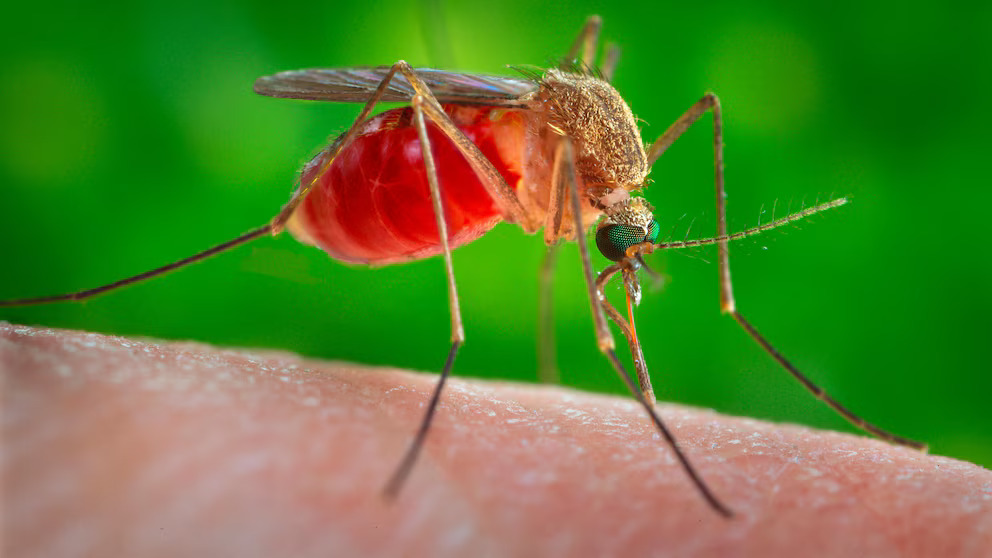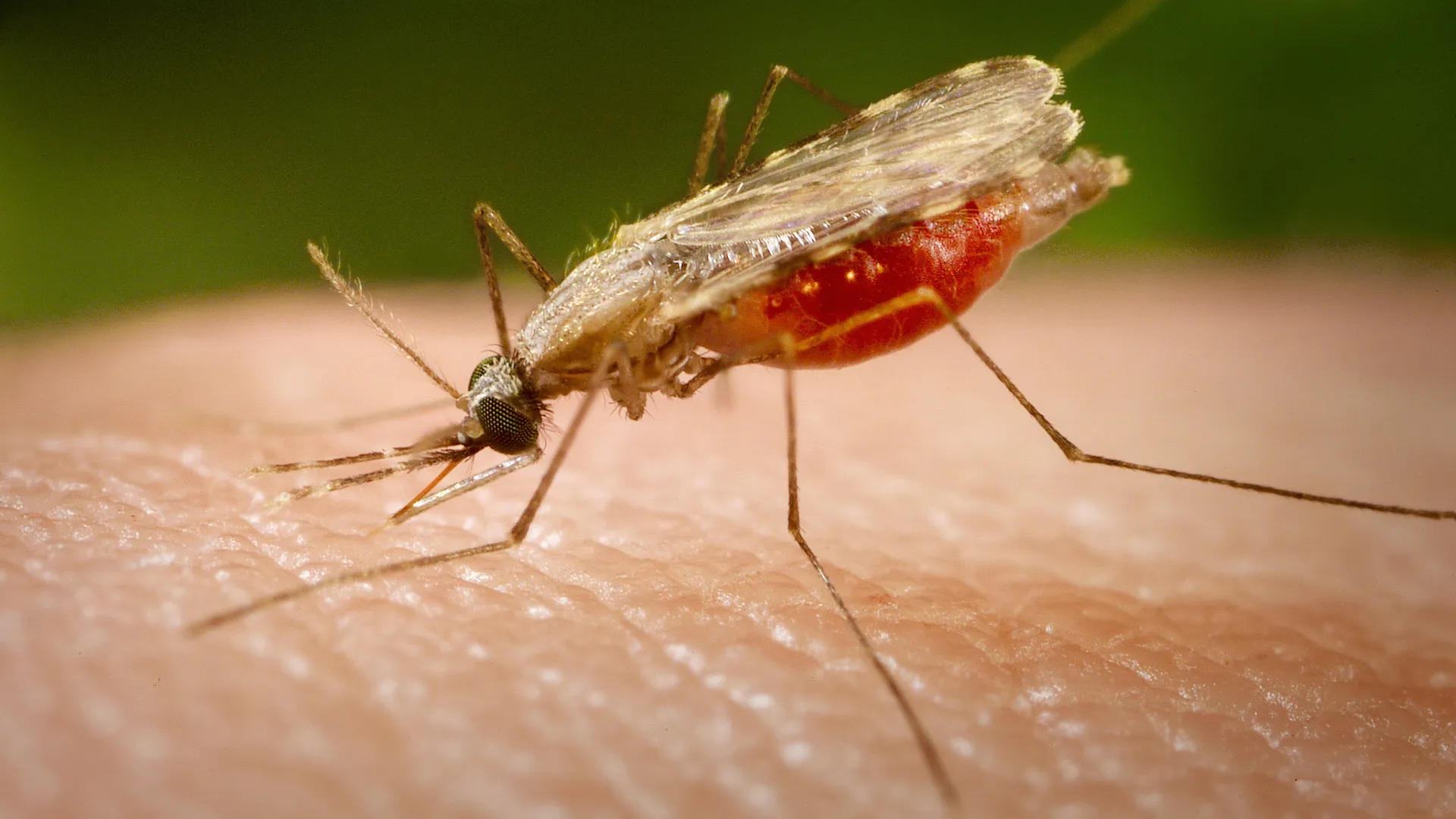As of August 16, 2024, over 20 cases of Oropouche virus disease, sometimes called the “sloth virus,” have been confirmed in travelers returning to the United States from Cuba. These are the first documented cases in the U.S., adding to the 19 cases detected in travelers returning to Europe from the Americas this summer.
While no deaths have been reported in the U.S., health officials are advising travelers, particularly pregnant women, to be cautious when visiting regions where the virus is prevalent.
Oropouche virus disease is a Zika-like illness first identified in Trinidad and Tobago in 1955. It is often referred to as the “sloth virus” because scientists believe the pale-throated sloth might be a key animal host.
However, other researchers suggest that wild birds or primates like capuchin and howler monkeys could also be primary hosts. The virus is primarily transmitted through insect bites, particularly from biting midges and some mosquito species.
Symptoms of Oropouche virus disease resemble those of other mosquito-borne illnesses like dengue, chikungunya, and malaria. Infected individuals typically experience sudden-onset fever, headache, joint pain, and chills, with symptoms lasting around five to seven days.

While most cases are mild, severe cases can lead to serious complications like meningitis or encephalitis. Though the disease is rarely fatal, there have been two recent deaths in Brazil, highlighting the potential severity of the illness.
The virus is transmitted to humans through the bite of the Culicoides paraensis midge, which is commonly found in forests and near water bodies in the Americas. The disease can also be spread by some species of mosquitoes, but human-to-human transmission has not been observed.
Cases have primarily been reported in South American countries like Brazil, Peru, and Panama, but recent outbreaks have also occurred in Cuba, marking its first-ever known cases.
In the U.S., all reported cases have involved travelers returning from Cuba, with most cases resolving on their own. However, some patients have experienced a recurrence of symptoms after initial recovery.
In Europe, 19 cases were detected in June and July 2024, mainly in travelers returning from Cuba, with Spain, Italy, and Germany recording the highest numbers. The disease’s spread has raised concerns about its potential to expand further due to climate change.
Currently, there are no specific treatments or vaccines for Oropouche virus disease. The CDC advises managing symptoms by staying hydrated, resting, and taking over-the-counter medications like acetaminophen.
Pregnant women are urged to exercise caution, as there is concern that, similar to Zika, the virus could lead to complications during pregnancy, including miscarriage and microcephaly. However, more data is needed to confirm these risks. Travelers to high-risk areas should take preventive measures, such as using insect repellent and wearing protective clothing, to reduce the risk of infection.
